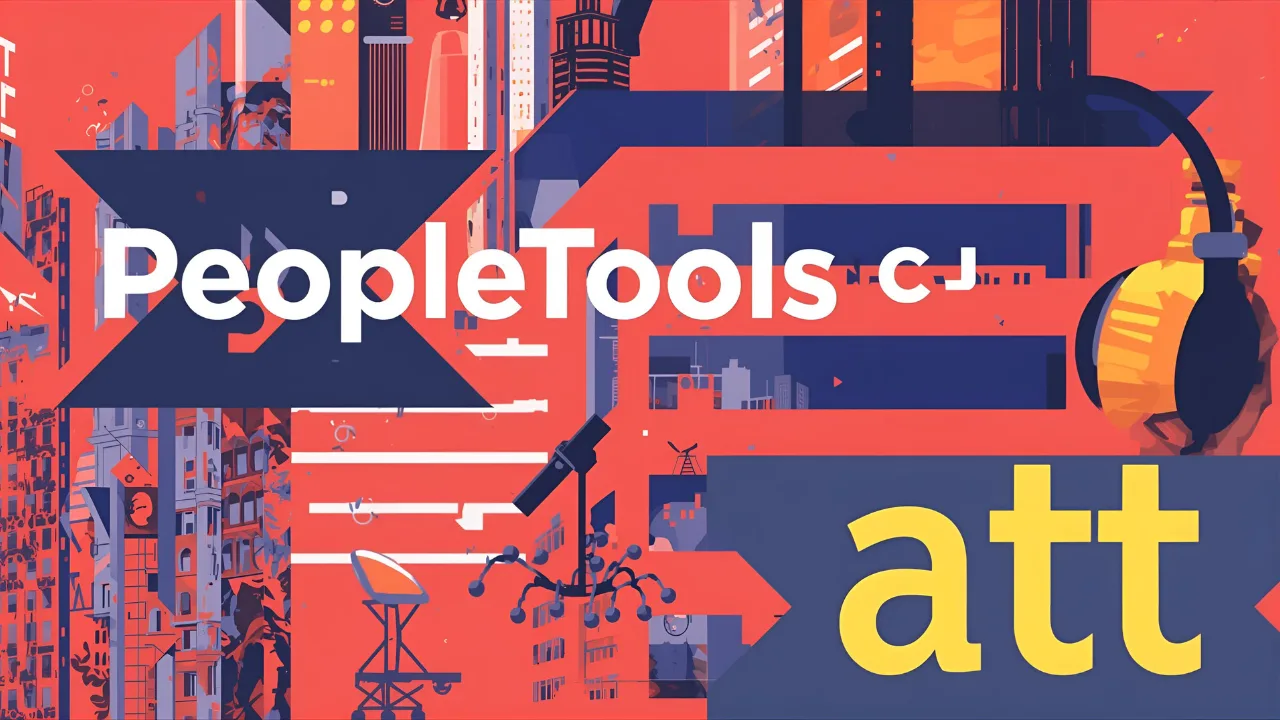Artificial Intelligence (AI) has quickly become one of the most transformative forces in the gaming industry. Once limited to scripted routines and basic enemy behavior, AI is now shaping entire game worlds, influencing narrative structures, and redefining how players interact with non-playable characters (NPCs). This evolution is not just improving gameplay but also pushing the boundaries of immersion and creativity in game design.
Smarter NPCs for More Realistic Worlds
In earlier games, NPCs often followed rigid patterns—walking the same paths, repeating identical dialogue, or reacting in predictable ways. Today, AI enables developers to design NPCs that feel more alive. Modern NPCs can adapt to player decisions, showcase unique personalities, and evolve over time.
For instance, AI-powered dialogue systems can generate dynamic conversations instead of relying solely on pre-written scripts. This allows for more organic storytelling, where NPCs remember player actions and adjust their responses accordingly. In open-world titles, such innovations create a sense of realism, making it feel like players are part of a living, breathing universe rather than a static game environment.
Adaptive Game Design
AI is not just about controlling NPCs—it also impacts game design as a whole. Many developers are using machine learning and procedural generation to create levels, quests, and even entire ecosystems dynamically. This means each playthrough can feel unique, keeping players engaged for longer.
AI-driven difficulty adjustment is another breakthrough. Games can now monitor a player’s skill level and modify enemy behavior, puzzle complexity, or resource availability accordingly. Instead of hitting a frustrating difficulty spike or breezing through without challenge, players get a balanced experience that adapts to their playstyle.
Emotional Depth in Storytelling
Storytelling in games has always relied heavily on scripted narratives. With AI, developers can go beyond traditional branching storylines and create adaptive narratives that respond to player choices in deeper ways. Imagine an NPC that not only remembers your past actions but also interprets them differently based on its evolving personality or mood.
This emotional depth opens doors for more personal gaming experiences. Players might feel genuine guilt, pride, or connection based on how their actions impact AI-driven characters. These moments blur the line between storytelling and lived experience, pushing games closer to interactive art.
Challenges of AI in Game Development
Despite its benefits, implementing AI in game design comes with challenges. One of the main concerns is balancing complexity with performance. Real-time adaptive AI requires significant computational power, and not all platforms can handle these demands efficiently.
There’s also the question of unpredictability. While dynamic NPC behavior can make a game feel more authentic, it can also lead to unexpected or undesirable results. For example, an NPC might act in a way that breaks immersion or disrupts carefully crafted storylines. Developers must find a balance between freedom and control to ensure AI enhances rather than detracts from the player’s experience.
Ethical considerations also come into play. As AI begins to mimic human behavior more convincingly, developers must be cautious about the messages their NPCs convey and the psychological impact on players. Striking the right balance between realism and responsible design is crucial.
The Future of AI in Gaming
Looking ahead, AI is set to play an even bigger role in the industry. We may soon see NPCs that can generate their own backstories, motivations, and goals, creating emergent narratives that differ drastically from player to player. Multiplayer games might feature AI-driven characters that seamlessly integrate with human players, bridging gaps when teams are uneven.
Moreover, with advancements in generative AI, developers will be able to prototype faster and build richer worlds with less manual effort. This democratization of game design could allow smaller studios to create experiences on par with major developers, leading to more diversity in the types of games available.
Conclusion
The impact of AI on game design and NPCs is undeniable. It has elevated NPCs from simple background characters to dynamic entities that shape player experiences. At the same time, it has revolutionized how games are built, balancing adaptive difficulty, emotional storytelling, and procedural creativity. While challenges remain, the future looks incredibly promising.
For players and enthusiasts eager to explore how these innovations continue to shape the industry, sites like Tech Garena provide valuable insights into gaming trends, updates, and the evolving role of AI in interactive entertainment.





